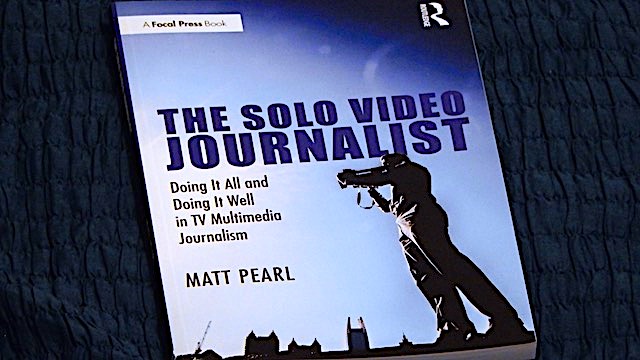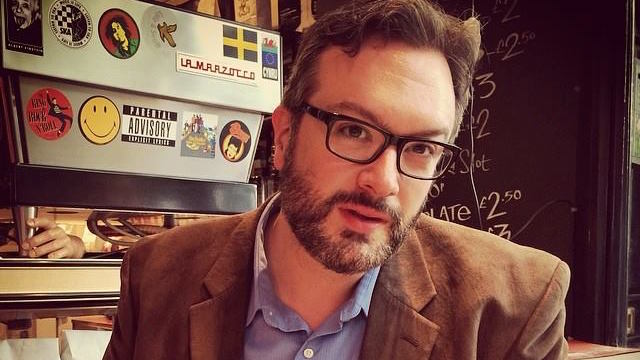I am a television news reporter for the NBC affiliate in Atlanta, Ga., the 10th largest TV market in the country. But I am also my own photographer, shooting and editing the video that becomes my pre-produced reports. From the start of my day to the finish, I am almost always on my own.
And I represent a growing reality in TV news.
The term “multimedia journalist” gets thrown around in the news business, but in television it has a clear meaning. It refers to a journalist who produces a report from start to finish, combining the jobs of a traditional reporter (researching, interviewing, writing) with those of a traditional photographer (shooting, editing). We now occupy a substantial part of TV newsrooms; per the latest survey, roughly nine of every ten local network affiliates use them in some capacity. When aspiring television journalists go to college, they are warned they will almost certainly start their careers – and likely spend a good chunk of them – as one-woman and one-man bands.
Yet no book exists that offers a comprehensive overview of what the job entails, with the insights and authorship of journalists working in the business.
So I wrote one.
I am proud and excited to announce the release of The Solo Video Journalist, available now on Amazon and Barnes & Noble. It is a how-to guide for a position in TV news that is long overdue for such analysis: the multimedia journalist, or MMJ.
(… or backpack journalist, or VJ, or any number of titles bestowed upon this position through the years. I went with “solo video journalist” because I think that term most accurately describes the job: producing video stories and journalism on one’s own.)
I have held this title since I entered the business more than a decade ago, and I have remained astounded at the lack of explicit instruction exists for those who do it. So many, both inside and outside the business, continue to envision newsrooms full of traditional reporters and photographers, neglecting the vital role MMJs have come to play.
The reality is far different.



